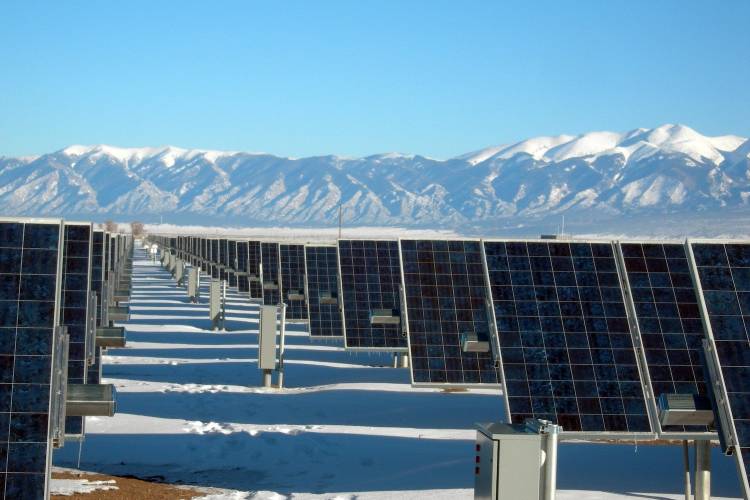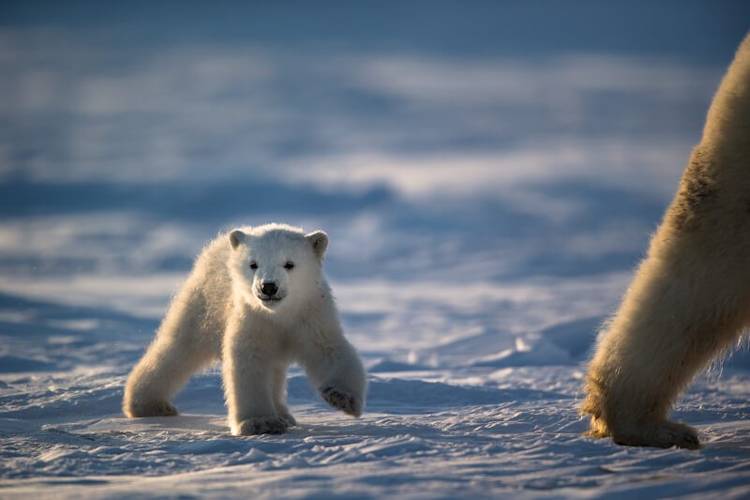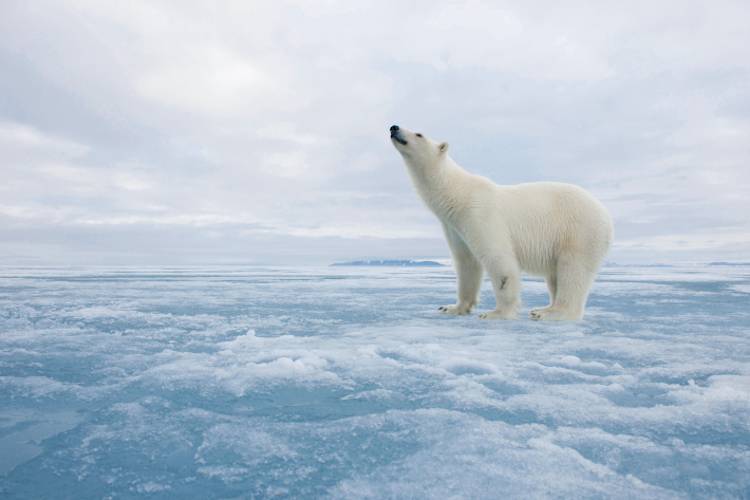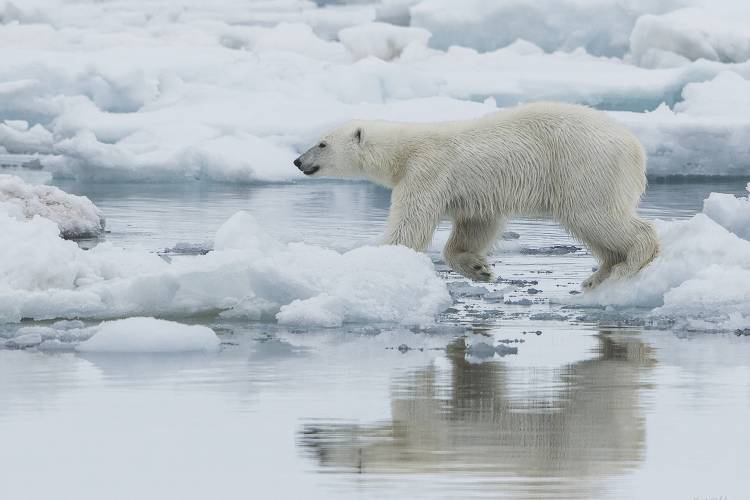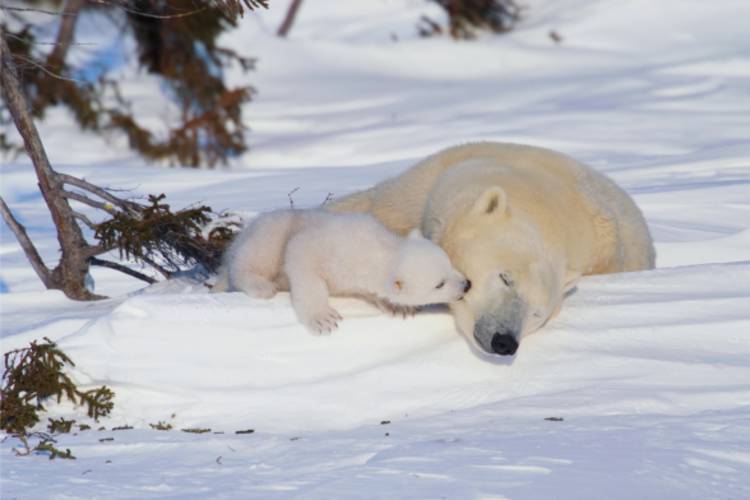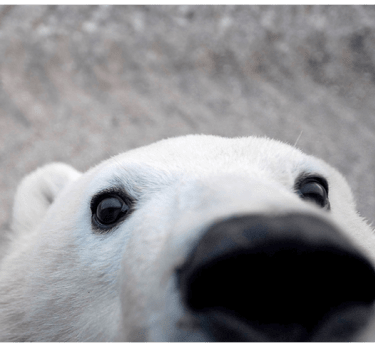This week, the International Panel on Climate Change (IPCC) published its final installment of its sixth assessment report—synthesizing what we know about climate change and available solutions.
The report covers the physical sciences of climate change, opportunities and limits to adaptation, and the ways we can reduce planet warming emissions. In the Arctic, the report highlights climate impacts like food insecurity for Northern communities, threats to biodiversity—like polar bears—as sea ice ecosystems disappear, and possible warming feedback loops as permafrost thaws and releases additional emissions.
The main message in this report is crystal clear: human-induced climate change threatens all life on this planet, we need to swiftly engage solutions and reduce fossil fuel emissions to address it, and we have a roadmap to securing that safer and brighter future. In the report's own words, “Deep, rapid, and sustained reductions in greenhouse gas emissions would lead to a discernible slowdown in global warming within around two decades.”
Every fraction of a degree counts, every action we take to reduce fossil fuel emissions matters—for our lives here today, and for future generations of people and species around the world.
Next Steps. Your Role.
We need to fast-track climate efforts in every country, across every sector, and on every timeframe. This synthesis report details dozens of available climate solutions, and it prioritizes them by scale of impact and the time and infrastructure needed to implement them.
Share this report with your community leaders and elected officials, at all levels of government and across sectors. Make sure they know that hundreds of scientists from all over the world devoted eight years to compiling this report and answering the big questions for them. This report holds all the information they need to make the best choices for their constituents, communities, and families. No one can say, “We don’t know what to do or where to start.” It is all here for us. Now we get to bring it to life.
Here are all the reports that make up the 6th Assessment. Each report has a summary for policymakers that consolidates the most important information decision-makers need to build a more sustainable and just world:
The Summary Report of part 1, 2, and 3 and all special reports
Part 3: Mitigation of Climate Change
Special Report: Impacts of Global Warming of 1.5 °C
Special Report: Oceans and Crysophere in a Changing Climate
Special Report: Climate Change and Land
Remember, you don’t need to know all this information. You just need to know where to find it and encourage decision makers to put this road map to use.
A Note on Hope
In the words of Aditi Mukherji, a water scientist and co-author on the report, “Our intention with this report is really a message of hope, and not that of doomsday.’’
We have reasons to be hopeful. Public awareness about climate change is high. Global governments are engaged in building transformative policy agendas to address climate threats. Restoring ecosystems and harnessing natural climate solutions is complementing emission-reduction efforts while simultaneously building community resilience. Renewable energy is becoming cheaper and more accessible, and climate financing is increasing. And maybe, most importantly, we have the information, technology, and community fortitude we need to accelerate all these efforts—and preserve a stable future for polar bears and people.




